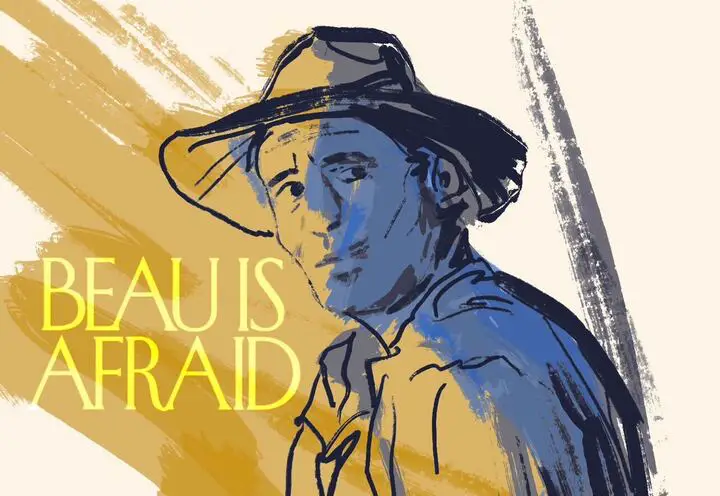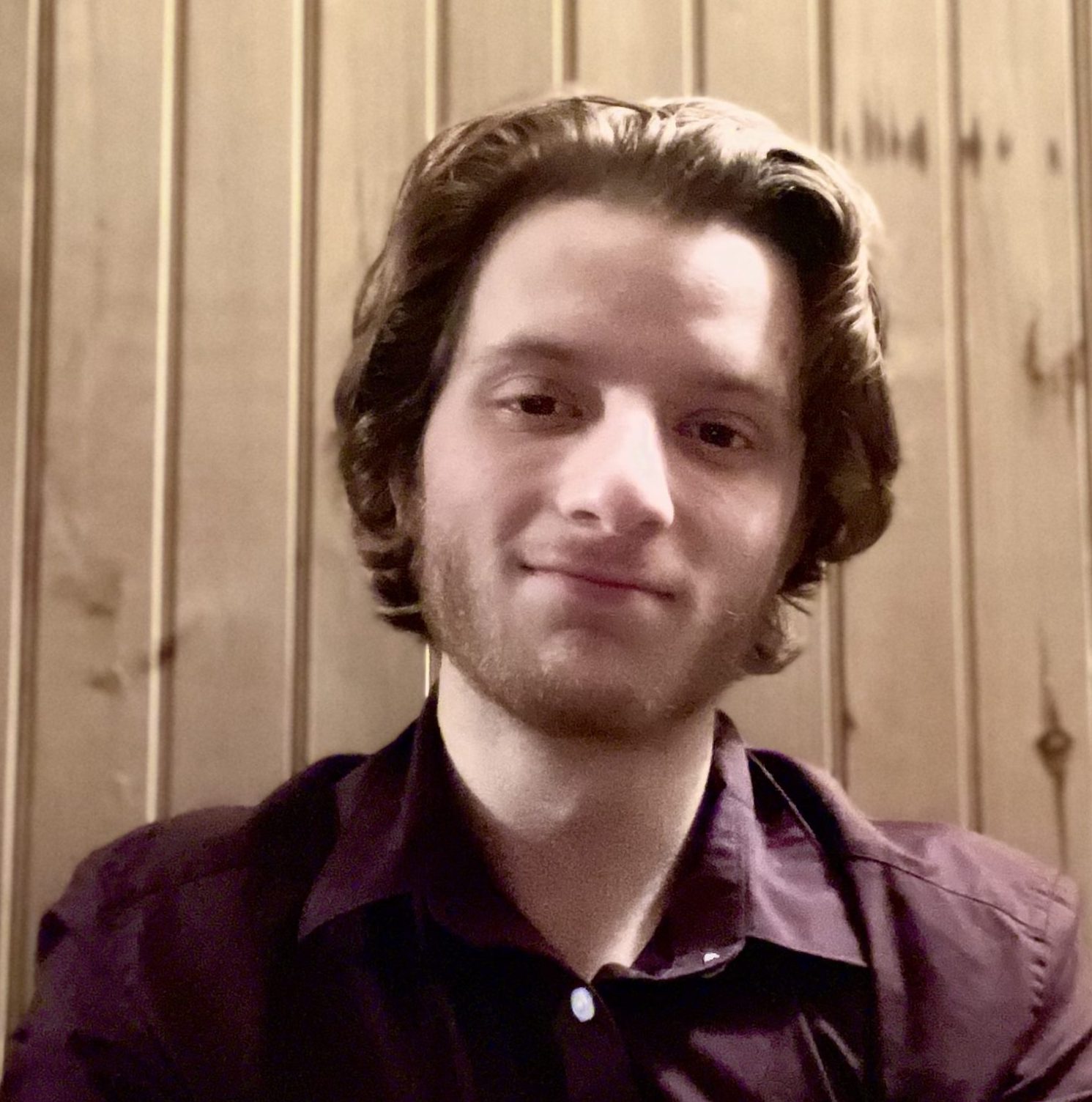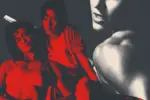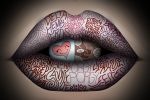Ari Aster is undoubtedly one of the most creative and promising directors working today, but his filmography is best described in a single phrase: not for everyone. Aster’s films are infamous for embracing an experimental nature of storytelling that pleases some and upsets others. His two previous films, “Hereditary” (2018) and “Midsommar” (2019), received both acclaim and scorn for their respective subject matters and cinematic executions.
A24 released his newest film, “Beau is Afraid,” to theaters on April 21, 2023, and moviegoers should be aware that it is not a simple viewing experience. The movie is a lot. While it’s impossible to prepare for everything Aster throws at his audience during the three-hour runtime, there’s a specific mindset that one should adopt before buying a ticket.
Aster’s movies are marked by a pervasive sentiment of dread that gradually increases in intensity as the plot unfolds. Don’t waste your time waiting around for a jump scare; a movie like “Hereditary” is more likely to make you sick to your stomach than to make you jump out of your seat. Aster knows how to mentally drain his audience, and it’s perfectly reasonable (and even expected) to walk out of his movies feeling discouraged and burned out.
“Beau is Afraid” defines itself as a psychological dark comedy rather than a straight-up horror film. While this may initially disappoint horror movie fans, they should rest assured that “Beau is Afraid” delivers plenty of disturbing, stomach-churning material.
When asked about his intention with the film, Aster responded, “I made something for an audience, and I hope that it is exciting and fun and makes people feel things. I just cannot speak to what those things are, and shouldn’t.”
While it can be an admittedly difficult watch, there’s merit within it. With any luck, this article will prepare you for Aster’s latest mind-bending cinematic experience.
Beau is Anxious
“Experience” is the perfect way to describe this film. Moviegoers searching for tight pacing and a coherent plot should check these expectations at the door. Of course, such expectations are understandable, but Aster’s film aims to immerse the audience rather than weave a straightforward narrative.
“Beau is Afraid” adheres to what is best described as “dream logic.” The world inhabited by Beau, a chronically paranoid denizen of an unnamed city, is a cartoonishly amplified version of the United States we know. Sex shops line every street corner, drive-by shootings are an everyday occurrence and dead bodies litter the sidewalks. However, nobody besides Beau seems to notice or care, and their nonchalance comes across as unlikely, if not unbelievable. This bizarre setting, somewhat familiar yet ultimately uncanny, is the perfect backdrop from which to launch the movie. Viewers will feel both unsettled and uncertain as they observe Beau’s surroundings; his environment establishes a purposely surreal tone that is maintained throughout the runtime.
When creating this film, Aster wanted to “put [the audience] in the experience of being a loser.” In this respect, viewers are placed inside the mind of Beau. We see the entire narrative from his point of view. He’s noticeably lonely, awkward and unconfident. His anxious illusions and paranoid delusions are an essential part of Aster’s storytelling and filmmaking. The volume is turned up in this movie, so much so that “Beau is Afraid” warranted a limited IMAX release (arguably the best way to watch it).
The aggressive, over-amplified sounds of the protagonist’s environment — be they gunshots, screaming, police sirens or blaring music — bring moviegoers in line with Beau’s perspective. Everything is scary. Everything is a potential threat. The uncomfortably loud audio mixing naturally keeps us on edge, allowing Beau’s paranoia to become our own.
Given that the audio is arguably representative of Beau’s chronic fears, we can also assume that the disgusting visuals of Beau’s surroundings are over-exaggerated, if not entirely fabricated. It’s possible that viewers are seeing Beau’s perception of the world (which he believes to be a violent, terrifying place) rather than reality.
This all contributes to the dreamlike nature of Aster’s film. To put it simply, weird things just happen. Whether or not these things are warped by Beau’s nervous perceptions is left unclear. “Beau is Afraid” isn’t a movie that will provide constant (or even consistent) answers, but that’s not the point. It’s about the experience of living inside Beau’s mind. Aster traps his audience there for three hours, forcing them to submit to the nightmare that is Beau’s consciousness.
Beau is Kafkaesque
Many critics are already describing “Beau is Afraid” as being “Kafkaesque.” For those unfamiliar with the term, it refers to anything that resembles the literature of German author Franz Kafka. A TED-ED video explains that “Kafkaesque has entered the vernacular to describe unnecessarily complicated and frustrating experiences.”
Aster’s film embraces this concept, and Beau stumbles through a never-ending string of unfortunate situations over which he has no control. While it may be torture for the audience, it’s a purposeful kind of torture that reinforces Beau’s sense of disillusionment with his surroundings. Aster intends to frustrate his viewers, so keep this in mind if you feel yourself growing irksome.
It’s also worth referencing one of Kafka’s most famous works, “The Trial.” This novel revolves around Josef K, a man arrested for a crime he did not commit. He becomes entangled in bureaucratic nonsense as he desperately tries to prove his innocence. The novel explores themes of guilt — specifically undeserved guilt, the kind applied by others — and embraces a sense of “unreality” that makes Kafka’s world feel notably “off.”
There are certainly more than a few parallels between Kafka’s work and Aster’s film in terms of thematic storytelling. “The Trial” may prove to be a useful resource for expanding your knowledge of “Beau is Afraid” or dreamlike stories in general.
Beau is Waiting
There’s really no way to be 100% prepared for an Ari Aster film. For many moviegoers, that’s half of his appeal. However, “Beau is Afraid” is an entirely different beast that many people will find hard to stomach. It’s best to view it as an “experience” rather than a movie. Surrender yourself to its weirdness, to its inconsistencies, to its unanswered questions and to its bizarre plot points.
Go with the flow throughout the three-hour runtime and experience Ari Aster’s unadulterated vision of a paranoid fever dream. You may not love its execution, but — unlike most real dreams — you will likely never forget it.


















I’m very interested to see where he goes next, because I believe he has a lot more to offer the world of cinema.
I think the film industry has a lot more in store for him, so I can’t wait to watch his future endeavors.
It is quite intriguing from the first lines to the last pages; I was amazed with how you developed the plot and the characters.
Experiencing ‘Beau is Afraid’ is less about seeking clarity and more about surrendering to Ari Aster’s surreal vision, making it an unforgettable journey through a paranoid fever dream.
I completely agree about Aster’s ability to create that lingering sense of unease. After watching “Hereditary,” I couldn’t shake off this heavy, anxious feeling for days – it wasn’t traditional horror scares but something much deeper and more disturbing. His films definitely require mental preparation and aren’t something you casually watch on a weekend. That psychological drain is real.
I watched this film already! As the article says, it genuinely felt less like a movie and more like a long, anxious nightmare. It was mentally draining but very profound, definitely not a popcorn flick.
Ari Aster is a true genius! His ability to capture “dream logic” and Kafkaesque absurdity is unmatched. His unique style is truly pioneering. Eagerly waiting for his next project.
This article was spot on! I’m glad I read it before seeing the film, or I would have been totally confused in the theater. It really does require some mental preparation, thanks for the heads-up!
After watching Hereditary and Midsommar, I knew Aster’s new film wouldn’t be easy viewing. That kind of internal dread is much more powerful than traditional jump scares. It truly lingers.
So perfect
We sincerely appreciate your effort in composing this excellent post for us. I am confident that the majority of individuals will find this beneficial.
So nice
Hi there
so nice I see
Thanks